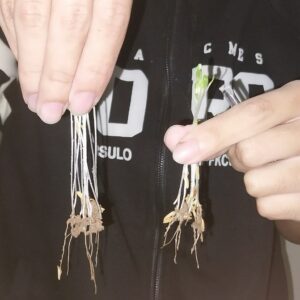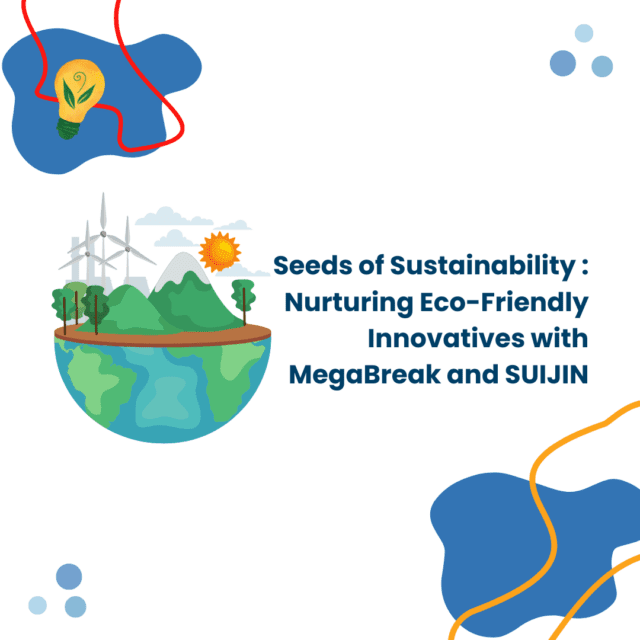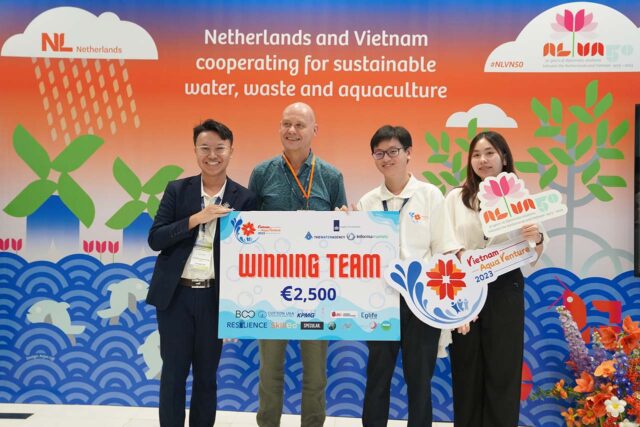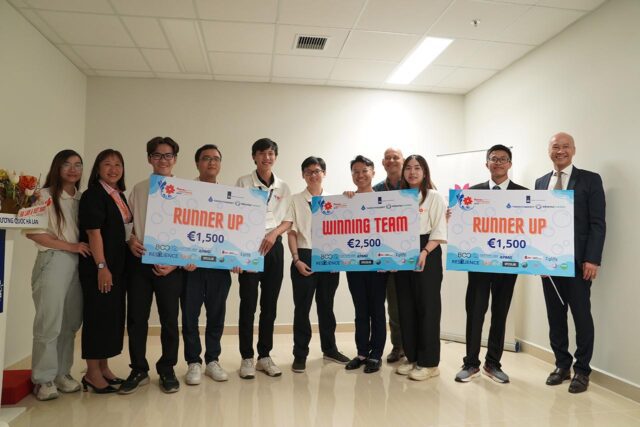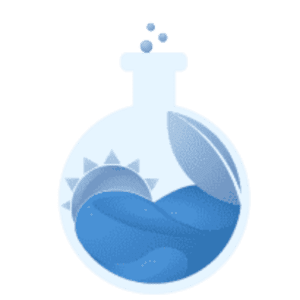In the quest to combat salinity in Tran De, Soc Trang, the MegaBreak team has made remarkable progress in Phase II of their project. Their meticulous field surveys have yielded a collection of soil and water samples, leading to the isolation of bacterial and algal strains that thrive in saline conditions. This significant breakthrough opens new avenues for research and application in managing salinity levels in affected regions.
Looking ahead, the teams are poised to delve deeper into the potential of their findings. Their goal is to refine methods for cultivating algae and microorganisms, assessing their efficacy in regulating sodium chloride (NaCl) concentrations in water. By August, they aim to present preliminary results, setting the stage for field applications and contributing to broader research efforts. Their work promises to contribute as a form of climate action towards communities in the Mekong Delta, facing the brunt of climate change.
Meanwhile, SUIJIN took a significant leap from theory to practice, as they made substantial progress in their contribution to the field of agricultural sustainability. Through comprehensive experiments, they have determined the optimal fertilizer dosages for a variety of crops, ensuring the well-being of plants, humans, and the environment. Their commitment extends beyond nutrition, with a focus on creating eco-friendly packaging that safeguards the product and provides clear guidelines for safe application.
As they move forward, the teams’ next steps are clear: to refine their product and secure its place in the market. Collaborating with industry experts, they aim to achieve official recognition from the Ministry of Agriculture and Rural Development, marking a pivotal milestone in their journey towards sustainable agriculture.
